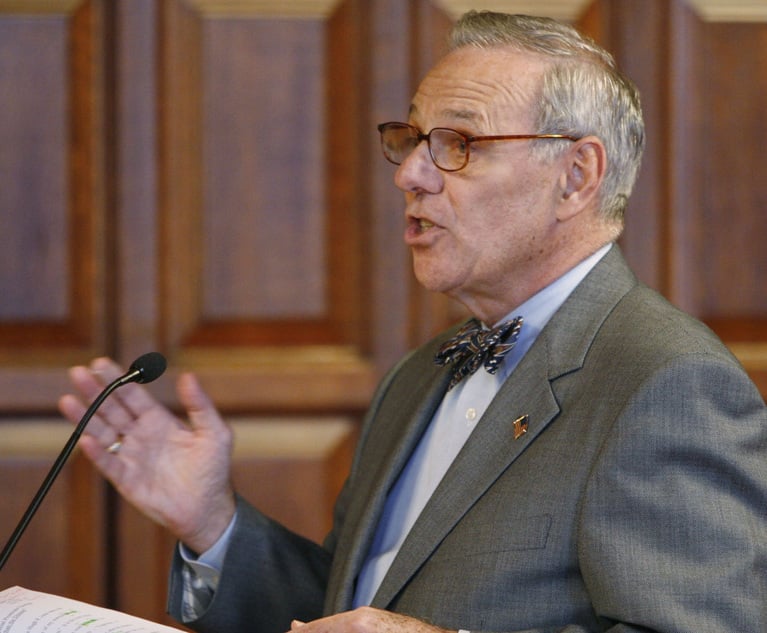 The New York Child Victims Act (CVA), which came into effect on Aug. 14, 2019, extended the statute of limitations for child sexual abuse cases. The limitations period permits civil cases to be brought until victims are 55 years old. Critically, the law includes a one-year window for time-barred survivors to file a civil lawsuit. During this look-back period, survivors can file a civil case against their abusers and any institutions that may have enabled the abuse, no matter how old they now are or how long ago the abuse happened. The CVA provided vital rights to hundreds of adult survivors of abuse whose claims had previously been extinguished five years after their eighteenth birthdays. After years of opposition, principally by religious organizations, the enactment of the CVA reflected the acknowledged reality that many victims require years if not decades to come to terms with their childhood abuse and seek accountability. The CVA also reflected that childhood sexual abuse is not a harm that ends with childhood, but frequently causes grievous harm to victims throughout their lives.
The New York Child Victims Act (CVA), which came into effect on Aug. 14, 2019, extended the statute of limitations for child sexual abuse cases. The limitations period permits civil cases to be brought until victims are 55 years old. Critically, the law includes a one-year window for time-barred survivors to file a civil lawsuit. During this look-back period, survivors can file a civil case against their abusers and any institutions that may have enabled the abuse, no matter how old they now are or how long ago the abuse happened. The CVA provided vital rights to hundreds of adult survivors of abuse whose claims had previously been extinguished five years after their eighteenth birthdays. After years of opposition, principally by religious organizations, the enactment of the CVA reflected the acknowledged reality that many victims require years if not decades to come to terms with their childhood abuse and seek accountability. The CVA also reflected that childhood sexual abuse is not a harm that ends with childhood, but frequently causes grievous harm to victims throughout their lives.
The Opening and Closing of the Look-Back Window
Creating a potential Catch-22 for the adult survivors given the opportunity to bring claims during the one year look-back period, the COVID-19 crisis has closed state courts to any new civil case filings and effectively stopped any of these cases from proceeding. On March 22, 2020, the New York Office of Court Administration (OCA) issued an administrative order prohibiting the receipt of filed papers by county clerks in New York state for non-essential cases. The order came days after a March 20, 2020 executive order from Gov. Andrew Cuomo suspending statutes of limitation in all legal matters. The OCA’s administrative order prohibits the initiation of new legal proceedings, including the filing of lawsuits recently revived by the CVA. Given that the look-back window was set by statute and the tolling was done by executive order, unless the state Legislature amends the look-back window, there is the risk that claims that would otherwise be timely during the year-long window will be time-barred after the window closes.






